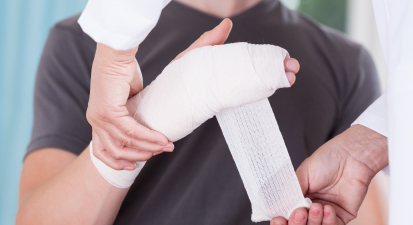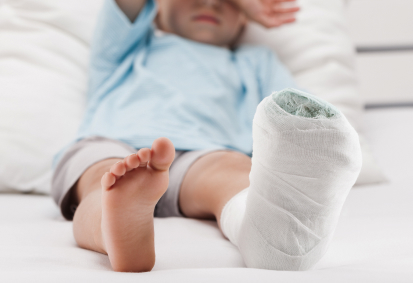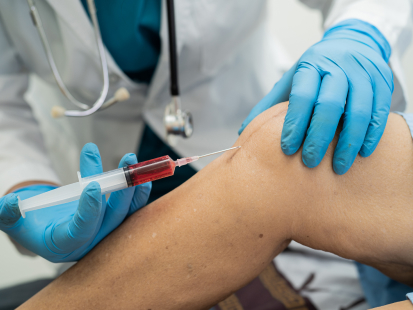Effective Non-Surgical Treatment Options for Orthopaedic Conditions
Orthopaedic conditions can be painful and disruptive to daily life, but surgical intervention is not always necessary. At SJMC's Orthopaedics Department, we offer a range of non-surgical treatment options that can provide relief and help you on the road to recovery.
“There are many non-surgical treatment options available for orthopaedics conditions. The use of these options can help reduce pain, enhance function, and accelerate the healing process”
Medications

There are many medications that can be used to treat orthopaedic conditions, including over-the-counter and prescription options.
Some common medications used to treat these conditions include:
Nonsteroidal anti-inflammatory drugs (NSAIDs):
These medications can help reduce inflammation and pain. Examples include ibuprofen and naproxen.
Opioid medications:
These are strong pain relievers that are typically reserved for severe pain. They can be addictive and should be used with caution.
Disease-modifying antirheumatic drugs (DMARDs):
These medications are used to treat autoimmune conditions, such as rheumatoid arthritis. They can help slow the progression of the condition and reduce inflammation.
Bracing/Casting

There are many medications that can be used to treat orthopaedic conditions, including over-the-counter and prescription options.
Bracing:
These injections contain substances that are found naturally in the body's cartilage and are used to treat osteoarthritis. They can help reduce inflammation and improve joint function.
Casting:
A cast is a hard, protective covering that is placed around an injured area to immobilise it and allow it to heal. It is typically used for broken bones.

Serial Casting for Clubfoot
Clubfoot is a birth defect that causes the foot to be twisted out of shape. It can be treated with serial casting, which involves gradually stretching and reshaping the foot using a series of casts. This treatment can successfully correct the deformity and allow the child to walk normally.
Injections

Several types of injections can be used to treat orthopaedic conditions, including:
Glucosamine/Chondroitin:
These injections contain substances that are found naturally in the body's cartilage and are used to treat osteoarthritis. They can help reduce inflammation and improve joint function.
Corticosteroid Injection:
These injections contain a type of steroid that can help reduce inflammation and relieve pain. They are often used to treat conditions like tendonitis, bursitis, and arthritis.
Joint Fluid Injection:
This injection is used to add lubrication to a joint that is not producing enough fluid on its own. It can help reduce pain and improve mobility.
There are many non-surgical treatment options available for orthopaedic conditions. The use of these options can help reduce pain, enhance function, and accelerate the healing process. In the event that you are experiencing an orthopaedic condition and would like to explore non-surgical treatment options,
we encourage you to visit our Orthopaedic /& Spine department for additional information.

